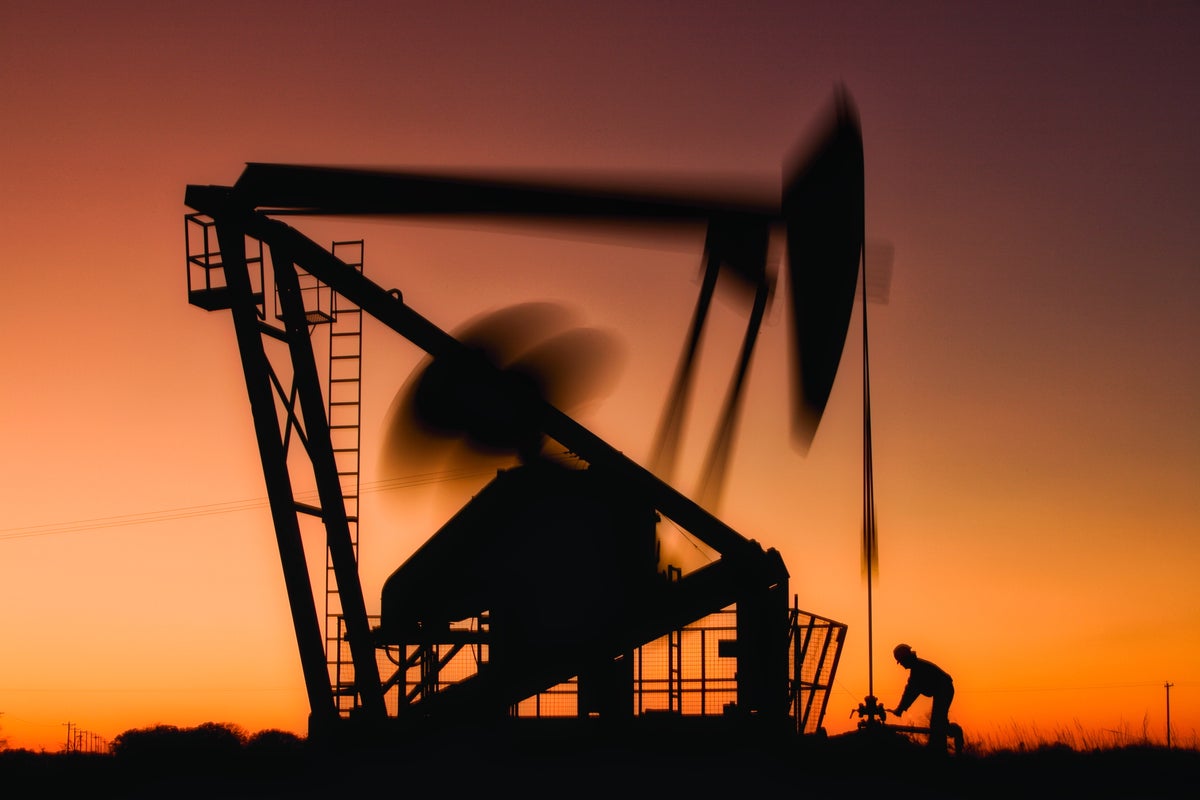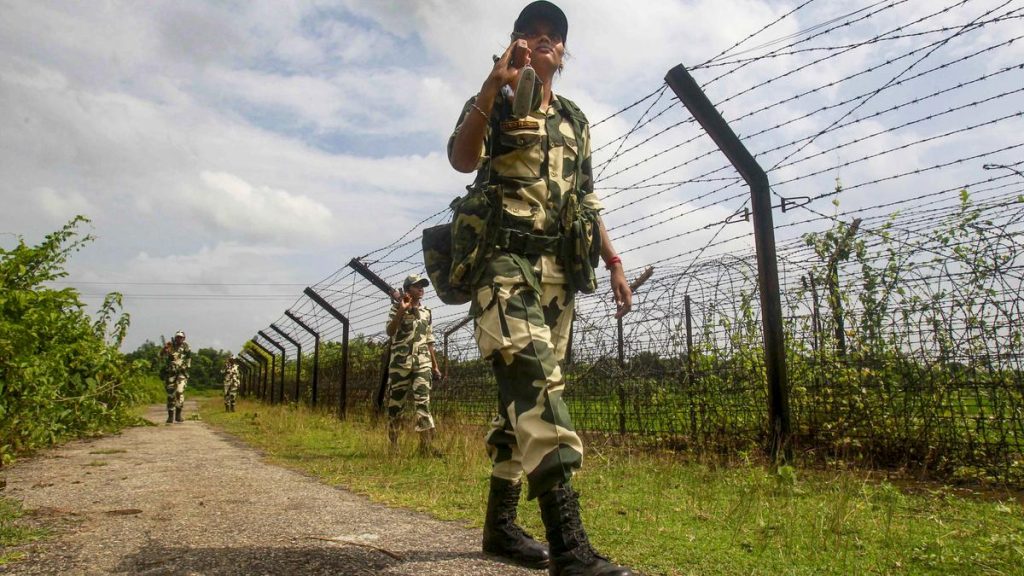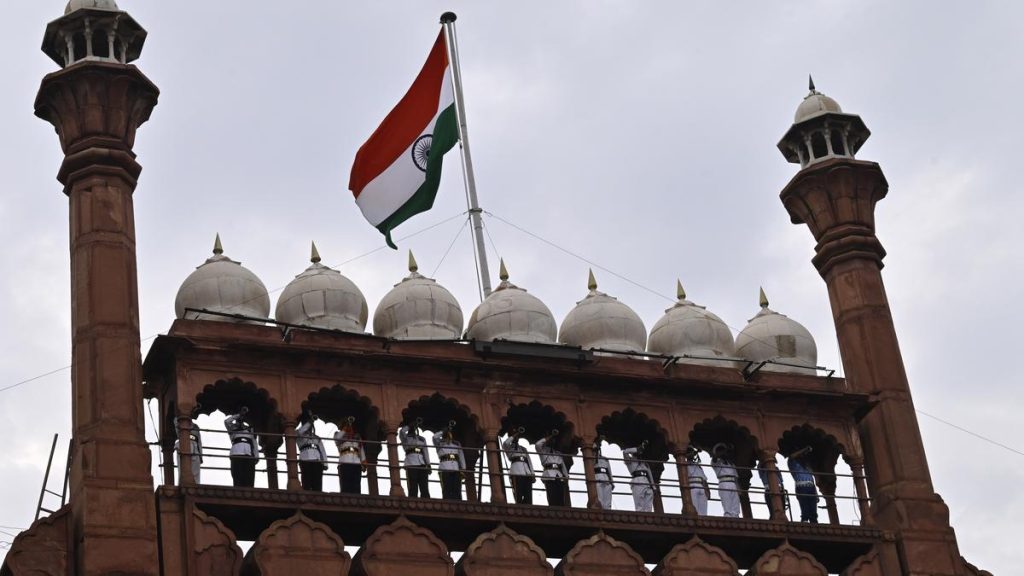Now Reading: Oil Industry Urges Trump Administration to Scrap Heat Safety Regulations
-
01
Oil Industry Urges Trump Administration to Scrap Heat Safety Regulations
Oil Industry Urges Trump Administration to Scrap Heat Safety Regulations

Quick Summary
- The oil and gas industry, led by the american Petroleum Institute (API), is urging the Trump administration to reject a proposed OSHA rule aimed at protecting workers from extreme heat exposure.
- The draft rule, introduced under former President Biden, requires employers to provide water, rest breaks for workers when temperatures surpass 80 degrees Fahrenheit, and mandates additional protections at higher temperatures.
- API argues that the rule “stifles creativity and innovation” and claims compliance would create operational burdens without significant safety benefits.
- Data from OSHA shows that since 2017:
– Heat has killed 137 workers nationwide.
– Fossil fuel sectors represent roughly 4% of heat-related deaths and nearly 7% of hospitalizations in U.S. workplaces.
- specific cases document worker fatalities under strenuous conditions; six oil-and-gas-sector heat-related deaths have been cited by OSHA since 2017.
Employers were fined but penalties were frequently enough reduced in settlements.
Proposed rules aim to formalize protections in place of general provisions currently enforced.
- Industry critics argue the temperature triggers are overly prescriptive for regions like Alaska (where such heat is rare) or Texas (where compliance challenges could be frequent due to regular hot weather).
- Public hearings will begin in June as part of OSHA’s consultation process.
Indian Opinion Analysis
The opposition from oil and gas industry groups regarding stricter heat protection rules reflects a broader global tension between workplace safety initiatives amid rising climate-related hazards and industry-driven priorities for operational adaptability, profitability, and energy dominance. While factual data highlights measurable risks-such as documented worker fatalities-industry’s critique rests on practical implementation concerns tied to diverse climates across regions like Alaska or texas.
For India-a nation already experiencing growing extreme weather events-the situation underscores challenges seen worldwide as economies balance environmental accountability with industrial growth motivations. Protecting vulnerable labor-intensive sectors such as agriculture or construction will likely require tailored frameworks similar to OSHA’s draft proposal but adapted locally with cultural sensitivities.
Climate-induced occupational hazards are poised globally; India’s focus on both renewable transitions alongside fossil-energy operational integrity bears relevance depending how U.S nationwide policies influence adaptive standards shaping guidelines ahead ( Readessaa Source)























